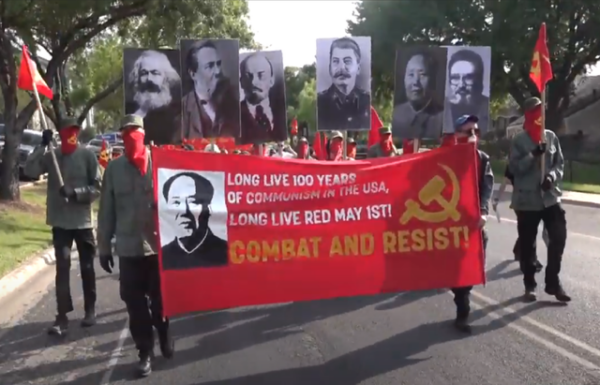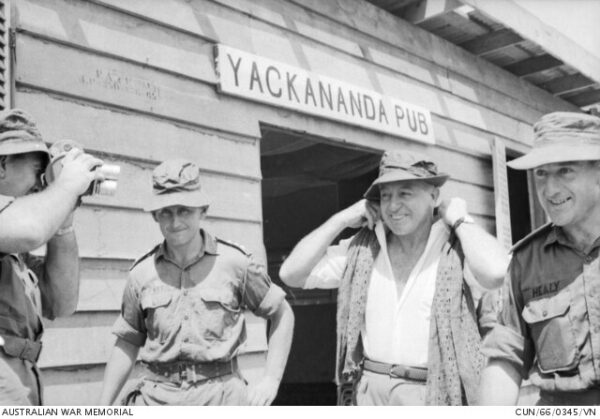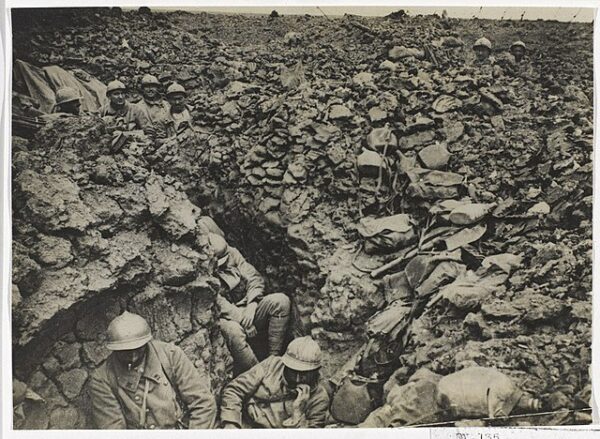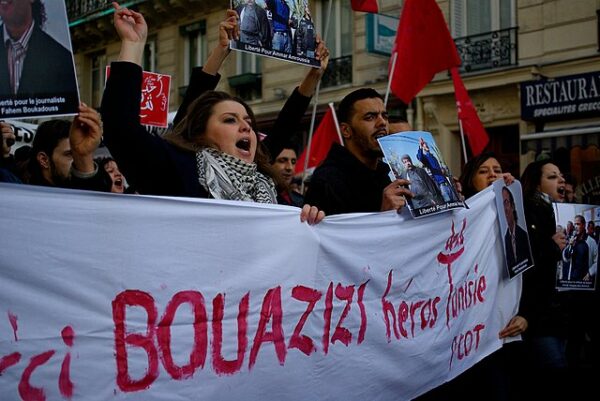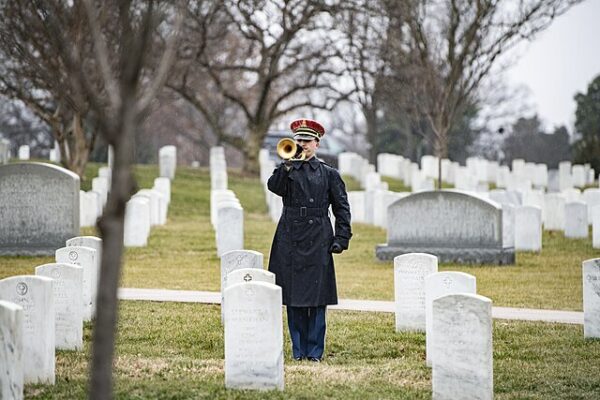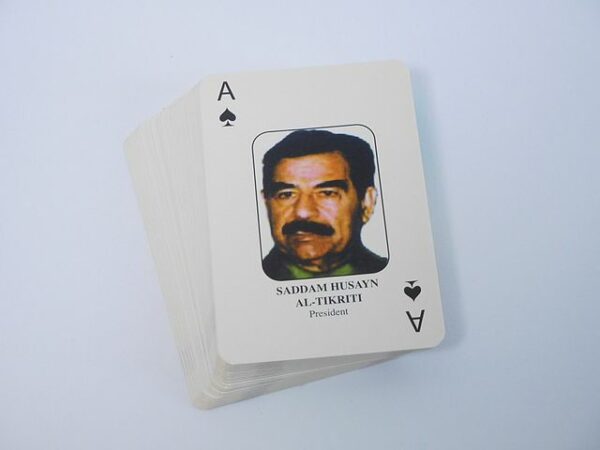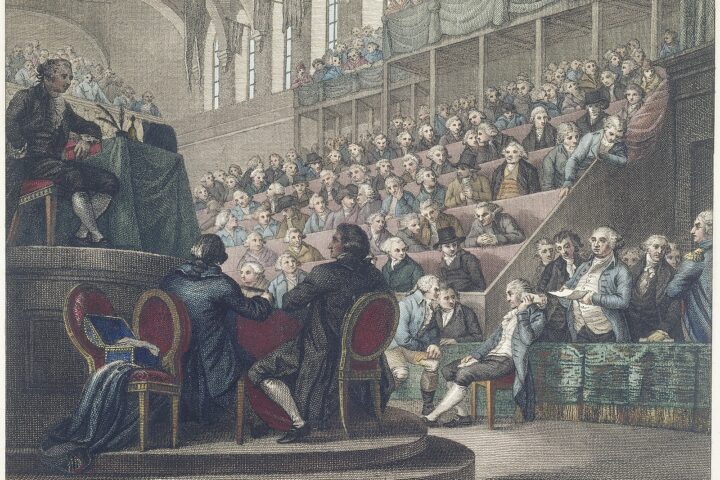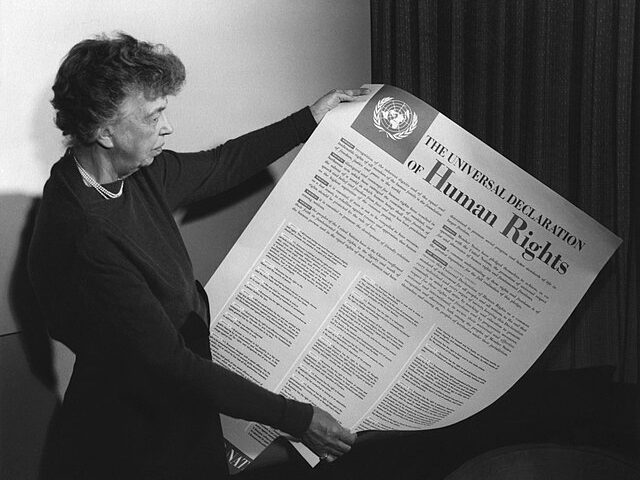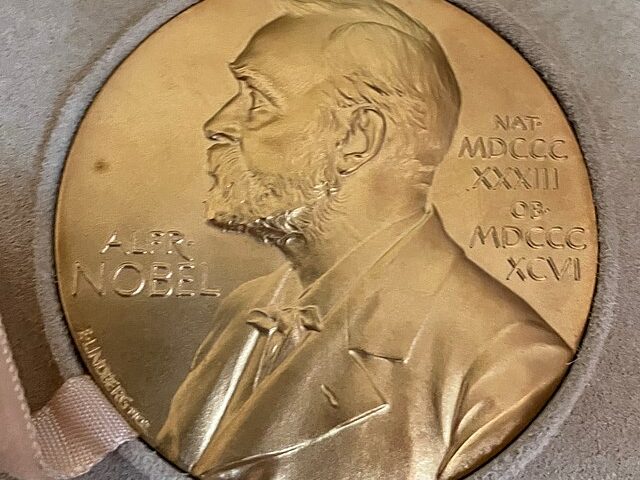The Red Guards were a paramilitary youth movement that emerged during the Cultural Revolution in China, starting around 1966. The movement was inspired by Chairman Mao Zedong’s vision of revitalizing the revolutionary spirit and purging perceived enemies of communism. Composed primarily of students and…
Read MoreOn December 19, 1967, authorities declared Harold Holt, the 17th Prime Minister of Australia, “presumed dead” after he mysteriously disappeared two days before, forming one of the most enduring puzzles in Australian political history. On that fateful day, Holt went for a swim at…
Read MoreThe Battle of Verdun, one of the most grueling and catastrophic battles of World War I, came to an end on December 18, 1916. After ten months of relentless combat, the second French counteroffensive successfully pushed German forces back by two to three kilometers,…
Read MoreMohamed Bouazizi, a Tunisian street vendor born on March 29, 1984, became an unwitting symbol of resistance and change when he set himself on fire on December 17, 2010. His tragic act was a desperate response to the constant harassment and corruption he faced…
Read MoreOn December 16, 1944, the serene winter landscape of the Ardennes forest erupted into chaos as German forces launched a massive surprise assault on Allied troops. This confrontation, known as the Battle of the Bulge, became one of the most critical turning points of…
Read MoreThe capture of Saddam Hussein was a pivotal moment in modern history, marking a significant turning point in the aftermath of the 2003 invasion of Iraq. On December 13, 2003, American forces, acting on intelligence information, located and apprehended the former Iraqi president near…
Read MoreThe trial of Louis XVI was a pivotal event during the French Revolution that unfolded in the late 18th century. The revolution, marked by a fervent desire for political and social change, reached a critical juncture when the National Convention, the revolutionary assembly, put…
Read MoreToday the world commemorates the anniversary of a landmark event in human history: the signing of the Universal Declaration of Human Rights (UDHR) by the United Nations. Drafted in the aftermath of World War II, this foundational document, often referred to as the Human…
Read MoreAlfred Nobel was a Swedish chemist, engineer, and inventor. Throughout his life, Nobel held numerous patents for his inventions, and he accumulated considerable wealth from his inventions, particularly dynamite. The History Channel writes, “What persuaded the ‘dynamite king’ to devote his fortune to charity? Nobel…
Read MoreThe eradication of smallpox stands as one of the greatest achievements in the history of public health. Smallpox is an infectious disease caused by the variola virus, and it had plagued humanity for centuries. Efforts to combat smallpox date back to ancient China and…
Read More

